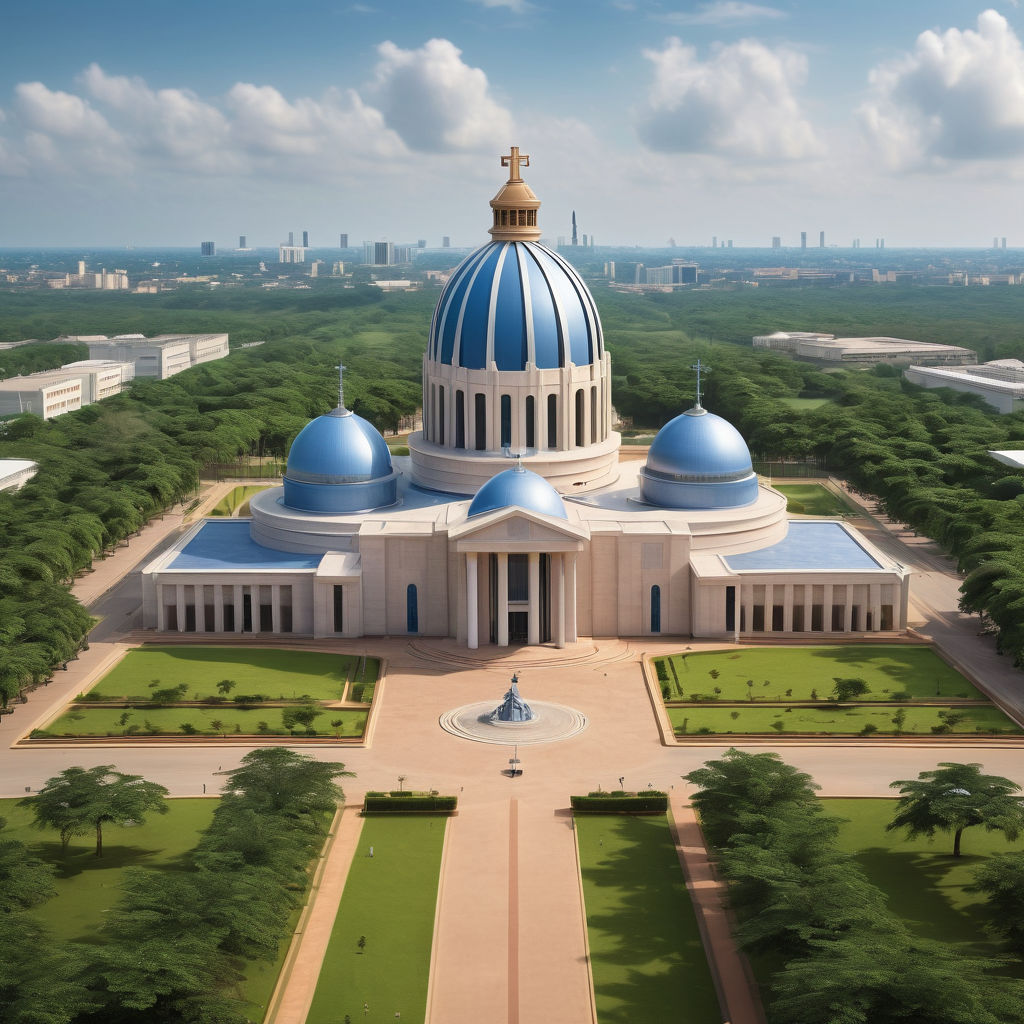Discover Côte d'Ivoire: A Tapestry of Cultures and Traditions
Explore the Vibrant Culture and Rich Heritage of Côte d'Ivoire

Introduction to Côte d'Ivoire
Côte d'Ivoire, also known as Ivory Coast, is a vibrant and diverse country located in West Africa. Bordered by Liberia and Guinea to the west, Mali and Burkina Faso to the north, Ghana to the east, and the Gulf of Guinea to the south, Côte d'Ivoire has a strategic location that has historically made it a hub for trade and cultural exchange. The capital city is Yamoussoukro, while Abidjan, the largest city and economic center, is often regarded as the commercial capital. Other significant cities include Bouaké, Daloa, and San-Pédro. Côte d'Ivoire is renowned for its rich cultural heritage, which reflects a blend of over 60 ethnic groups, each with its own unique traditions, languages, and customs. This diversity is showcased in the country’s music, dance, art, and festivals. The Ivorian landscape is equally diverse, ranging from the savannah in the north to the dense tropical forests in the south, with picturesque beaches along the coast.
Cross-national and Cross-cultural Understanding
Ivorians generally perceive and engage with other cultures with openness and curiosity. This attitude is rooted in the country's history as a melting pot of different ethnicities and its role as a trading hub. Ivorians are known for their hospitality, and welcoming guests is an integral part of their culture. This tradition of hospitality, or "teranga," extends to foreigners and reflects the broader Ivorian spirit of inclusivity. Educational programs and international partnerships play a significant role in promoting cross-cultural understanding in Côte d'Ivoire. Universities such as the Université Félix Houphouët-Boigny in Abidjan engage in numerous exchange programs with institutions worldwide. These programs foster a global perspective among students and facilitate cultural exchanges that enrich both the participants and the broader community. Additionally, cultural centers and embassies in major cities organize various events, workshops, and language courses to encourage cultural exchange and understanding. Programs like these provide platforms for Ivorians and foreigners to learn from each other, share experiences, and build lasting relationships.
Interactions and Social Dynamics
Interactions between Ivorians and foreigners are typically characterized by warmth and friendliness. Social behaviors in Côte d'Ivoire are often informal, with an emphasis on community and familial bonds. People tend to communicate openly and directly, valuing honesty and transparency in their interactions. Non-verbal communication, such as gestures and body language, is also significant in Ivorian social dynamics. A warm handshake, often accompanied by a friendly smile and eye contact, is a common greeting. Social gatherings frequently involve sharing food and drink, reflecting the importance of communal experiences in Ivorian culture. Language plays a crucial role in facilitating interactions between Ivorians and foreigners. While French is the official language, many Ivorians are multilingual, speaking local languages such as Dioula, Baoulé, and Beté, among others. English is increasingly spoken, particularly among the younger generation and in urban areas, enhancing communication and fostering a more inclusive environment for international visitors.
Views on Dating and Relationships
Dating and relationships with foreigners are generally viewed positively in Côte d'Ivoire, especially among the younger generation. Urban areas like Abidjan exhibit more liberal attitudes towards dating, while more traditional views may persist in rural regions. Relationships with foreigners are often seen as an opportunity to learn about different cultures and broaden one's perspective. Cultural expectations and traditions still play a role in shaping attitudes towards dating. Family approval and respect for traditional values can influence relationship dynamics. However, as Côte d'Ivoire becomes more integrated into the global community, there is a growing acceptance of diverse relationship choices.
Marriage and Family
Marrying a foreigner in Côte d'Ivoire involves navigating both cultural and legal landscapes. Legally, there are no significant barriers to marrying a foreigner, but the process requires compliance with specific regulations, such as obtaining necessary documentation and meeting residency requirements. Socially, acceptance of cross-cultural marriages is growing, although some families may still express reservations. Family plays a central role in Ivorian society, and gaining family approval is often seen as crucial for a successful marriage. Cross-cultural marriages necessitate a harmonious blending of different customs and traditions, which can be both enriching and challenging. Common practices in cross-cultural marriages include incorporating elements from both cultures into wedding ceremonies and family life, celebrating a range of traditions and customs.